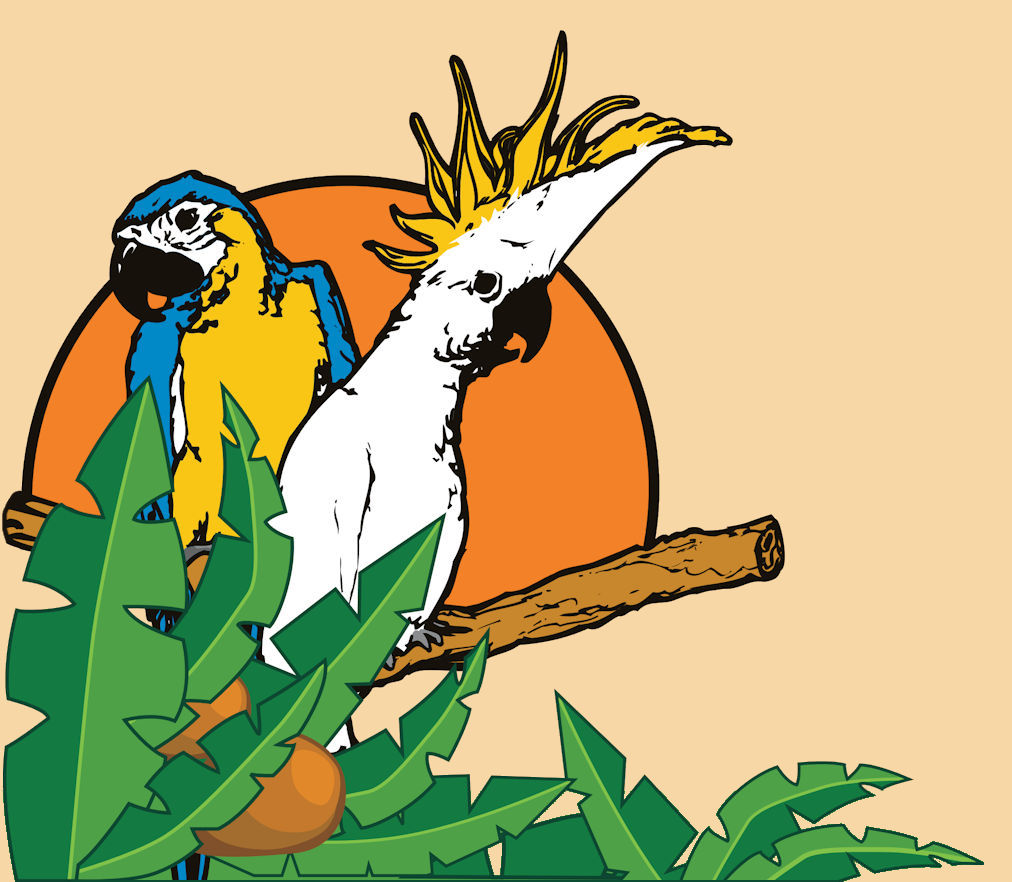Missing Link is an Avian Dietary Supplement that contains Omega-3 and Omega-6 fatty acids, fiber, and added plant nutrients to fortify the diet. It does not contain any preservatives or artificial colors or flavors.
Missing Link is fed daily according to your bird’s size: 1/8 tsp for small birds, 1/4 tsp for medium birds, and 1/2 tsp for large birds. There are many ways to incorporate it into your bird’s diet, such as baking it into bird breads/muffins. The preferred method is sprinkling it over soft, wet foods like apple, orange, oatmeal, scrambled egg, etc., as it will stick better to the food items. While it can be sprinkled over seeds, the powder may settle to the bottom of the bowl. It is not water soluble, and should not be mixed into the drinking water.
Results can include healthier skin, shinier plumage, a decrease in feather picking, increased energy levels, and over-all better nutrition.
Missing Link is recommended for bird that are fed a primarily seed-based diet. Birds on a pelleted diet will have many of these beneficial ingredients already in their pellets.
